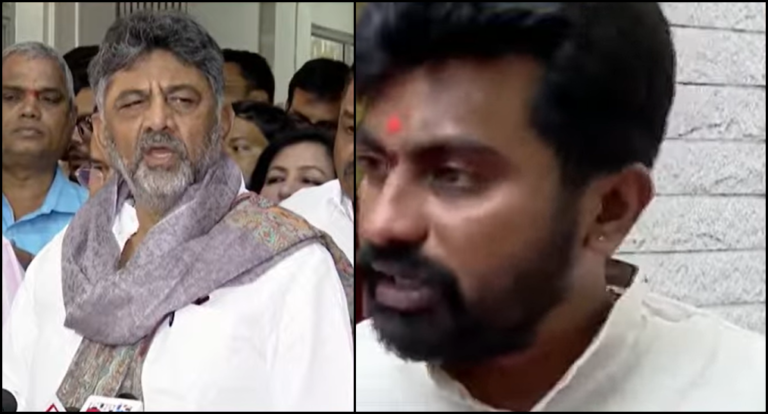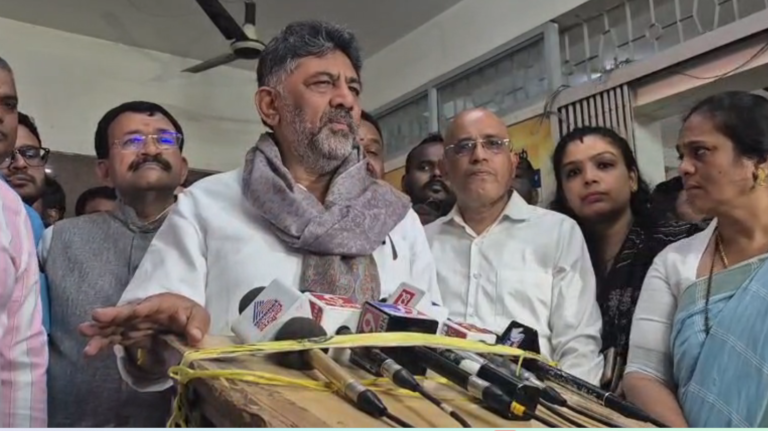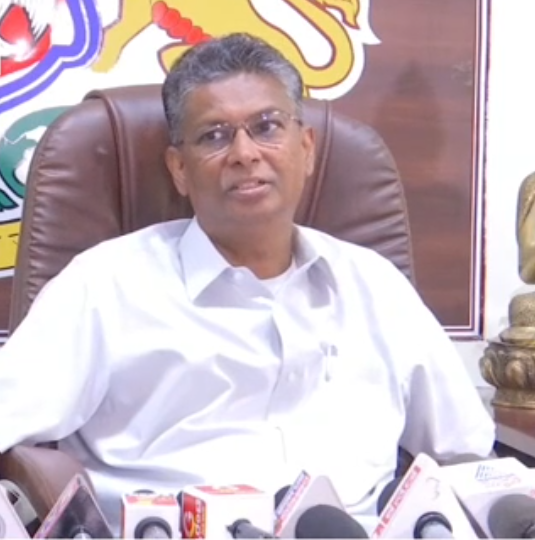
‘Civic chief’s, corporators’ wings will be clipped’
BENGALURU:
A bill tabled in the state assembly to provide a separate legislation governing the BBMP has come in for considerable criticism from opposition parties. Critics fear that the bill is a backdoor attempt by the ruling BJP to take control of the Bengaluru corporation and, by extension, the funds running into thousands of crores that are allocated for the city’s development works in the civic budget.
The bill was tabled in the assembly on Wednesday, in the absence of opposition members. It was then referred to a select committee.
The issue of council elections is currently being heard in the Karnataka HC, and critics fear that the new bill is a way of delaying the elections, presently scheduled for after September, so that the powers of the corporators are subsequently exercised by legislators of the ruling party.
According to some observers, the new bill defeats the very purpose of local self- government. There are added procedures to get work approvals, and the bill proposes even more committees.
Apart from extending the terms of mayor and deputy mayor to five years, they have no commensurate powers to rectify any administrative irregularities.
According to observers, the standing committees have lost their supervisory powers, while the civic commissioner’s wings too have been clipped. In reality, the decision-making powers lie with the nominated persons and zonal commissioners in the zonal commitee.
Corporators have no power to appoint ward committee members, while the new bill gives such powers to non-members and zonal commissioners. As per the new bill, the zonal commissioner will preside over the zonal meetings every month.
The new bill is silent over the role of council meetings. It proposes that the property of the corporation can be leased for 15 years after getting the permission of the chief commissioner.
According to critics, the old legislation governing the BBMP was much better and more detailed than the proposed legislation. Besides, the new legislation is unclear about budgetary issues and about the roles of the ruling and opposition parties.









